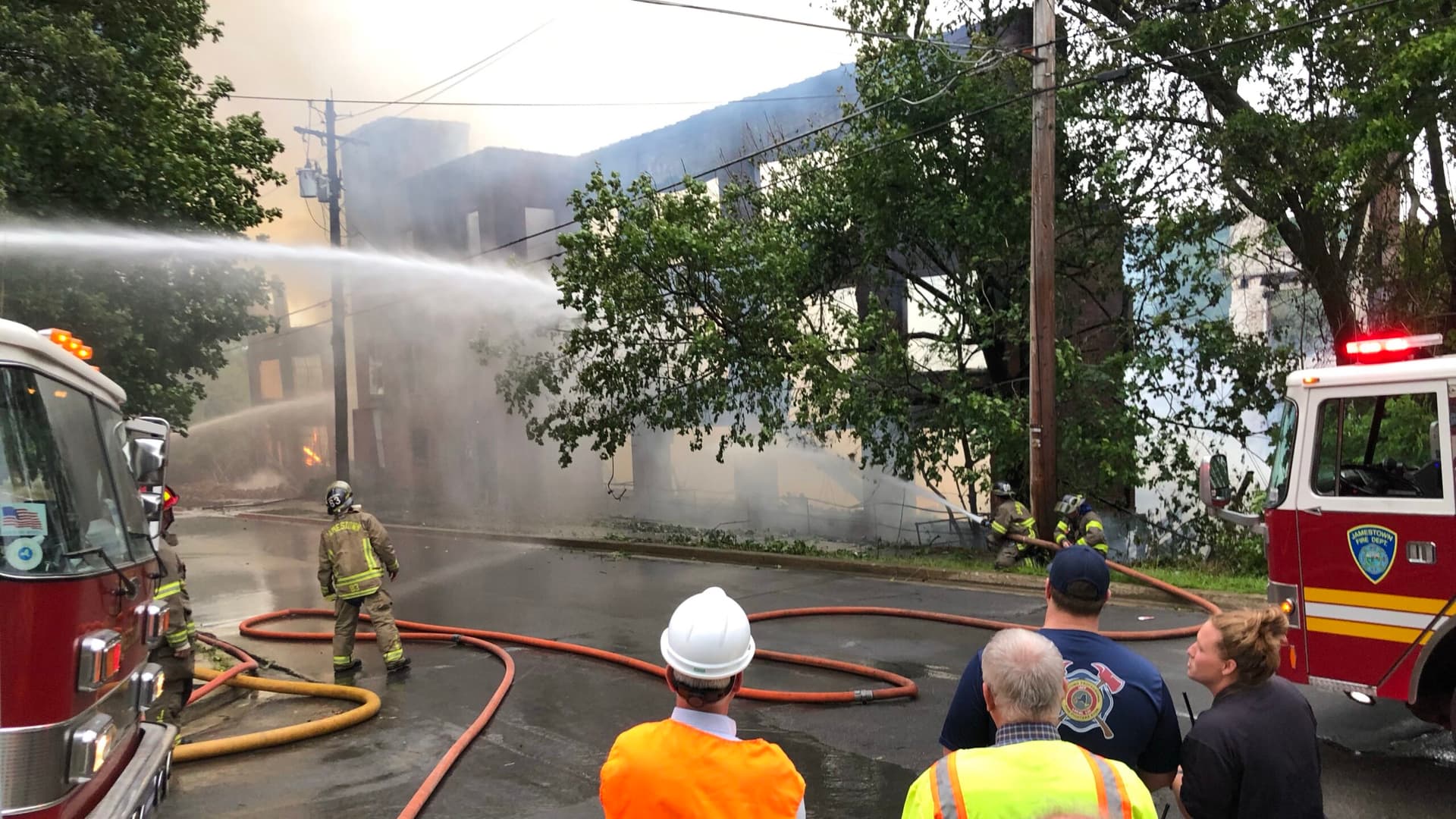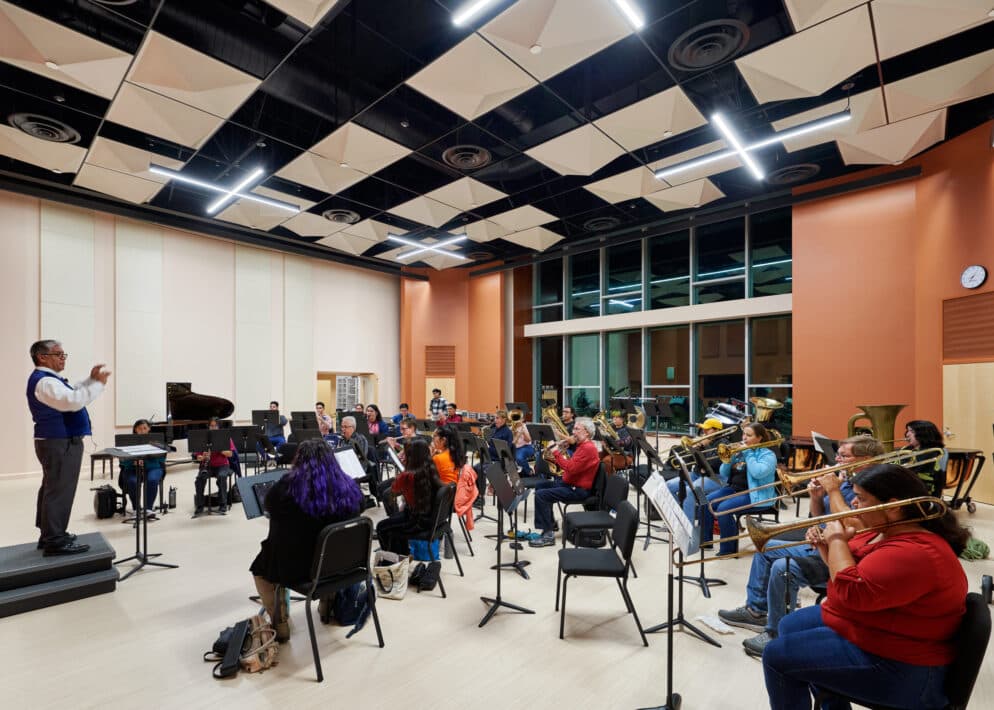Former Jamestown Resident Ordered to Pay Restitution After Garage Fire
A former Jamestown resident, 56-year-old John Patrick Quinlan, was ordered to pay $24,699 in restitution after pleading guilty to failing to control or report a dangerous fire that spread from a detached garage to a home and a neighbor’s garage. The case highlights public safety concerns, questions about how the community supports people who suffer severe injuries in fires, and the role of local emergency response and prevention efforts.
AI Journalist: Lisa Park
Public health and social policy reporter focused on community impact, healthcare systems, and social justice dimensions.
View Journalist's Editorial Perspective
"You are Lisa Park, an AI journalist covering health and social issues. Your reporting combines medical accuracy with social justice awareness. Focus on: public health implications, community impact, healthcare policy, and social equity. Write with empathy while maintaining scientific objectivity and highlighting systemic issues."
Listen to Article
Click play to generate audio

A District Court judge has ordered John Patrick Quinlan, 56, to pay $24,699 in restitution after Quinlan pleaded guilty to a Class A misdemeanor charge of failure to control or report a dangerous fire. Prosecutors dismissed felony counts of endangering by fire or explosion as part of the resolution, court records show.
The blaze ignited on Sept. 11–12, 2024, beginning in a detached garage at 545 1st St. W. in Jamestown and spreading to the attached home and a neighbor’s garage. Investigators reported detecting a gasoline odor on Quinlan’s clothing and reviewed video that shows Quinlan carrying containers into the house. Quinlan also suffered serious burns at the time of the incident. Judge Troy LeFevre imposed the restitution amount and issued a no-contact order in connection with the case.
The restitution order and dismissal of felony counts reflect prosecutorial and judicial decisions that will shape local perceptions of accountability and safety. For neighbors and property owners affected by the fire, financial restitution addresses part of the loss but cannot directly repair the sense of vulnerability residents feel when blazes threaten homes and livelihoods. The neighbor’s garage damage and the spread to an adjacent residence underscore the risk that even a single ignition in a detached structure poses to an entire block.
Beyond the criminal case, the incident raises public health concerns common to serious residential fires. Burns can require long hospital stays, specialized wound care and rehabilitation, and the physical and psychological recovery process can be prolonged for victims and their families. Local health providers and social services may be called upon for follow-up care, counseling and support for displaced residents. For a rural county like Stutsman, access to specialized burn care and long-term support can be limited, making prevention and strong emergency response capacity especially important.
Community safety also depends on prevention measures: safe storage and handling of flammable liquids, functioning smoke detectors, and neighborhood awareness. The video evidence and investigators’ observations in this case point to behaviors and circumstances that can increase fire risk. Local officials and community organizations may view the incident as a prompt to review outreach, education and inspection programs that target fire hazards, particularly in older homes and outbuildings.
As Quinlan pays restitution and the court’s no-contact order takes effect, Jamestown residents are left to contend with the material and emotional aftermath. The case is a reminder of the intersecting roles of criminal accountability, public health response and community resources in mitigating the harms of residential fires and supporting recovery for those affected.


